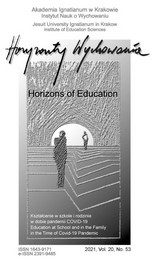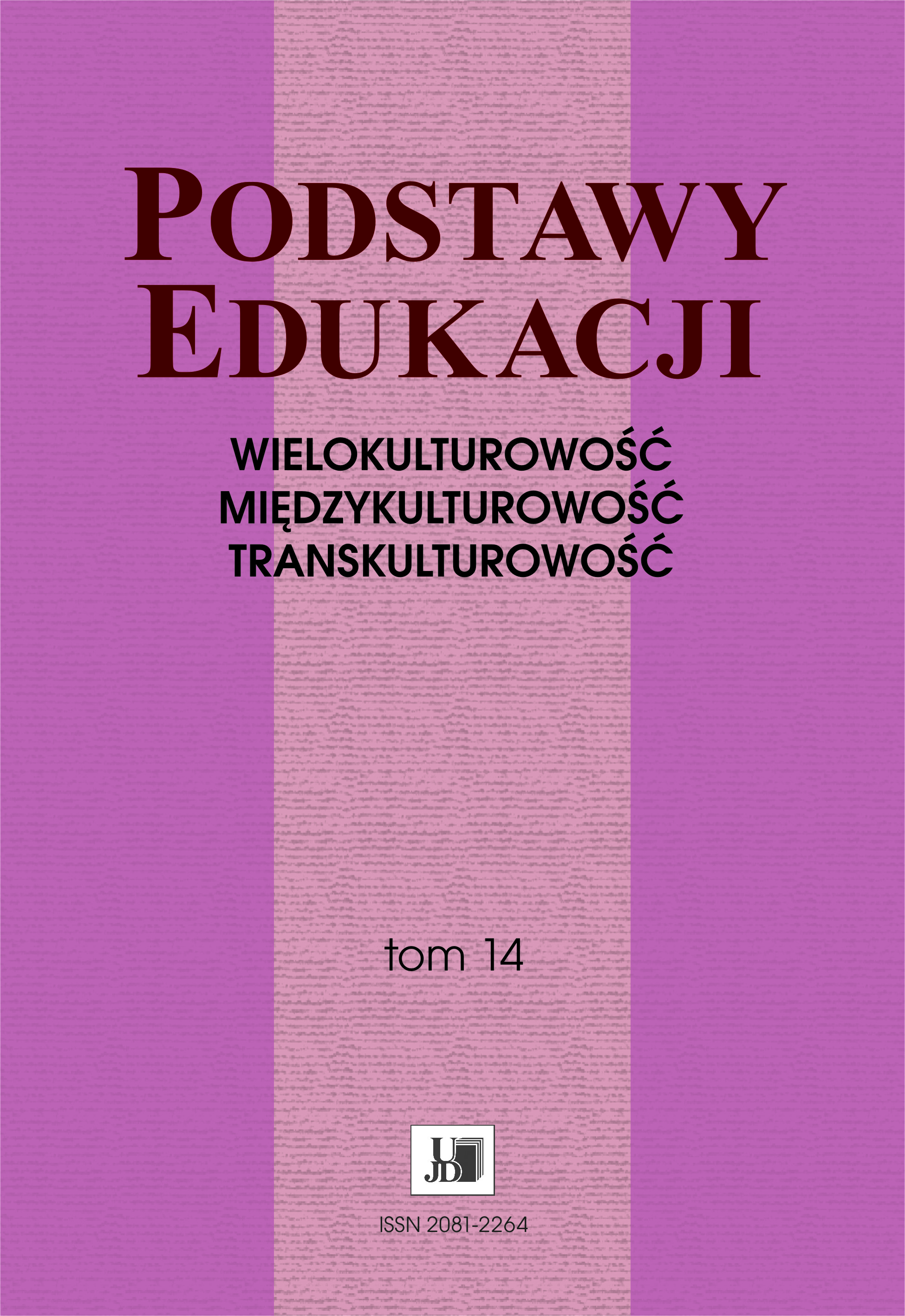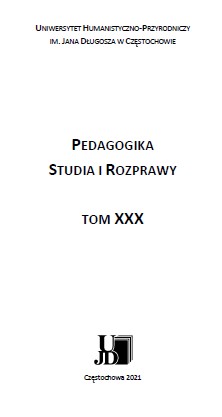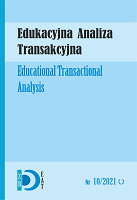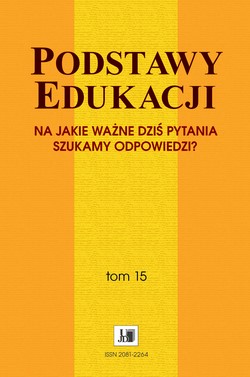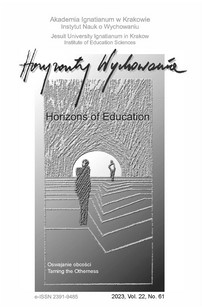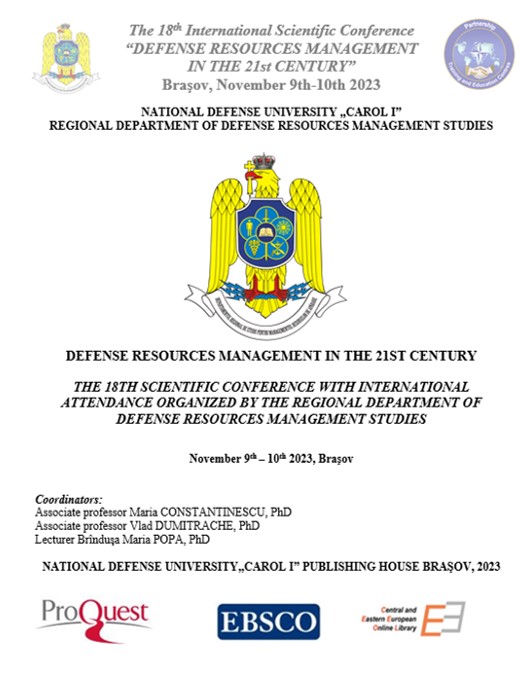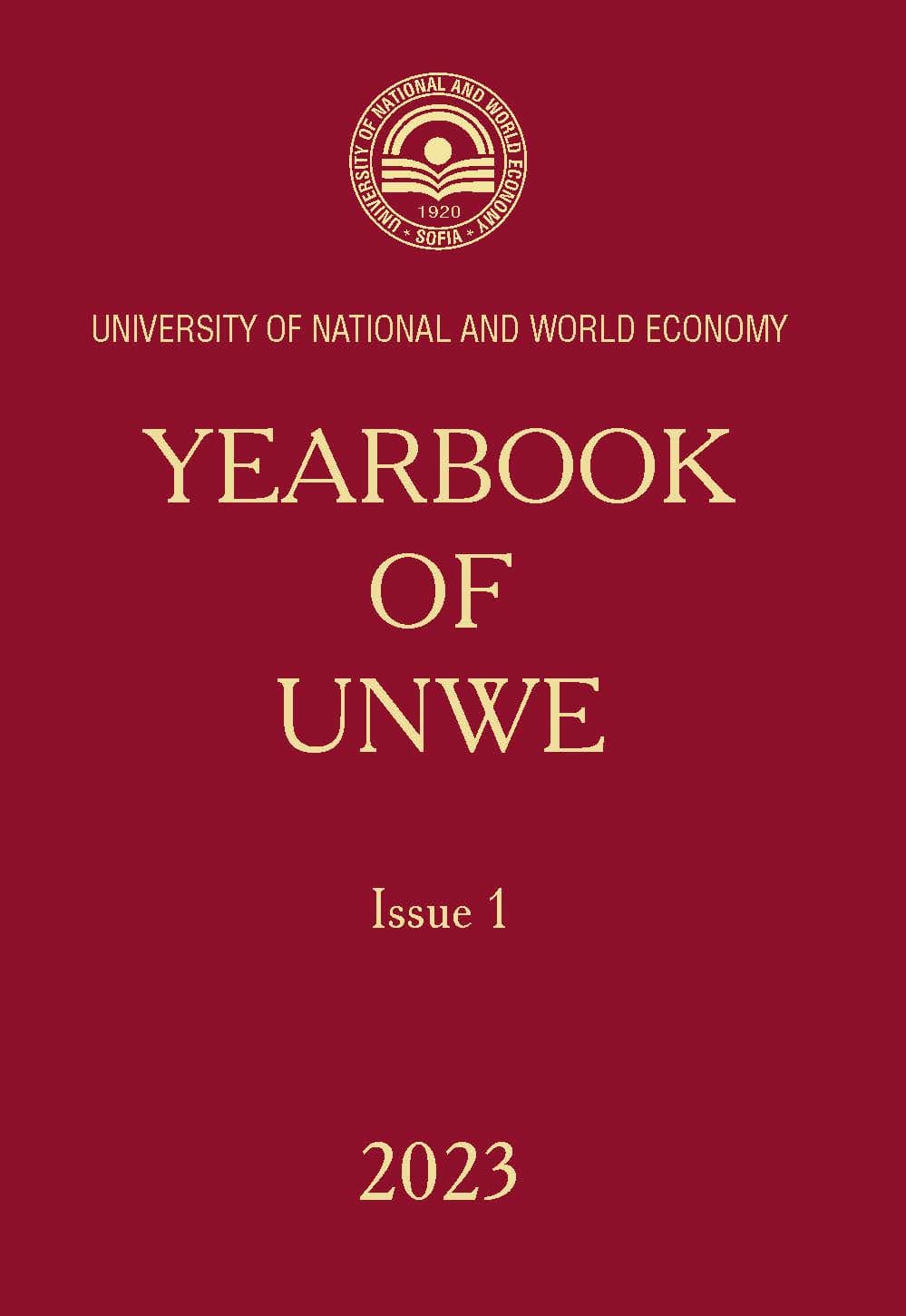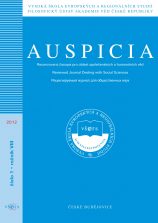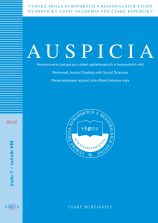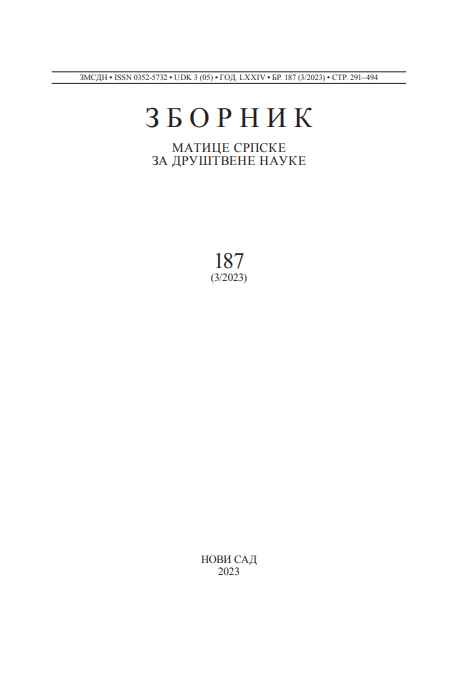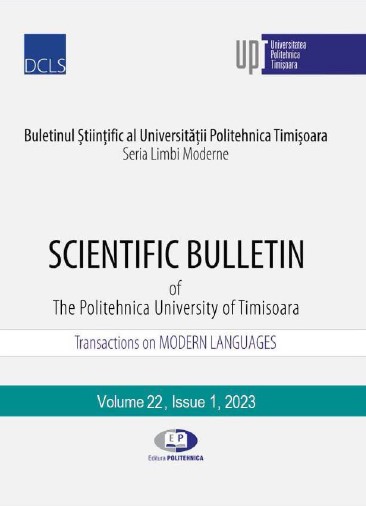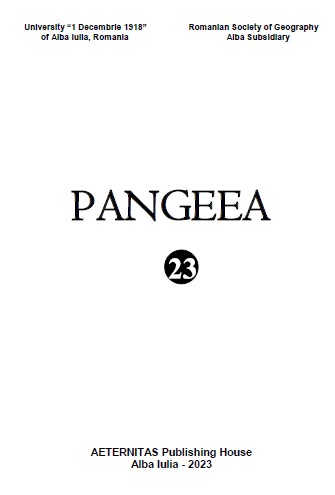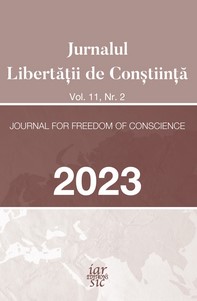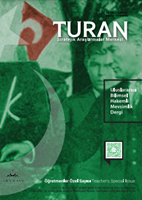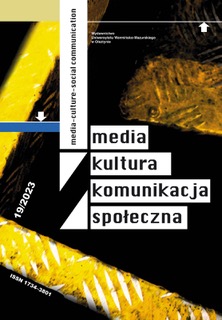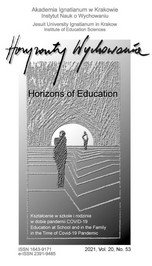
Uwarunkowania kształcenia zdalnego w rodzinie w dobie COVID-19
RESEARCH OBJECTIVE: The aim of the article is to show the material, competence and interpersonal conditions of remote education in Poland in the period from March 12 to the turn of June and July 2020. THE RESEARCH PROBLEM AND METHODS: The article was written as part of a pedagogical methodology using a qualitative method that made it possible to analyze the experience of specific people involved in educational processes in the situation of the COVID-19 pandemic. THE PROCESS OF ARGUMENTATION: The article shows the positive and negative aspects of distance learning from the perspective of family members participating in Poland in an atypical didactic process, forced by the pandemic of a dangerous disease. RESEARCH RESULTS: The article presents material, competency and interpersonal determinants of remote education. CONCLUSIONS, INNOVATIONS, AND RECOMMENDATIONS: The research shows that remote education in the conditions of a pandemic had a significant impact on the functioning of families, which requires further research in the situation of a prolonged state of emergency due to COVID-19.
More...
